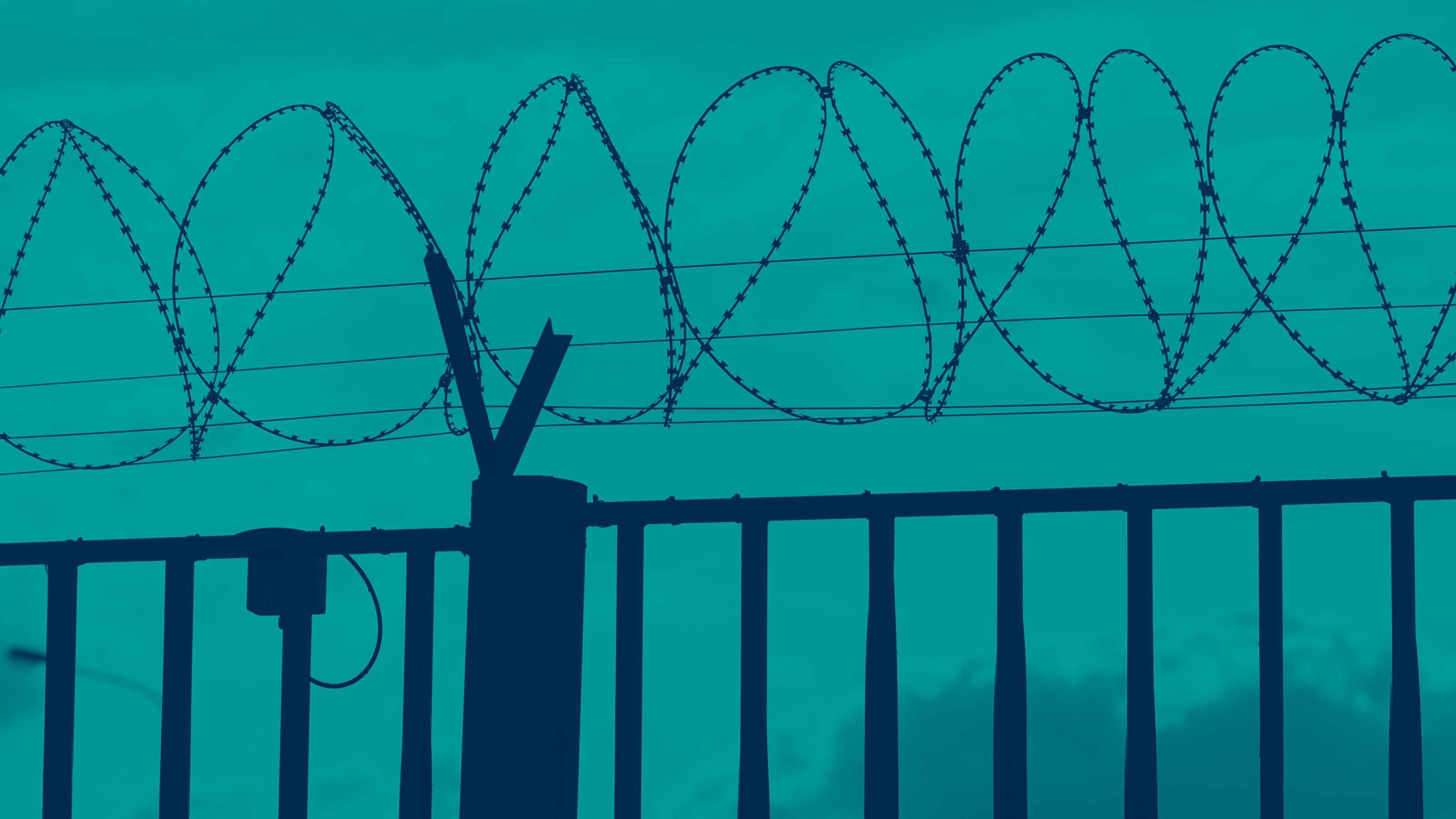Registration
You will receive an email confirming your registration.
The Security Studies Seminar is a monthly seminar series that aims to comprehensively discuss a new piece of academic research on matters pertaining to Indian and international security, with the author.
Over the last few years, India has continued to make a strong case to be admitted as a permanent member of the United Nations Security Council (UNSC). However, during the 1950s, Indian Prime Minister Jawaharlal Nehru, played a crucial role in supporting and advancing China’s role within the Security council.
Nabarun Roy, assistant professor at the South Asian University, discussed his research on Nehru’s decision to support the People Republic of China’s (PRC’s) admission to the United Nations Security Council (UNSC) in the 1950’s. He presented his paper, “In the Shadow of Great Power Politics: Why Nehru Supported PRC’s Admission to the Security Council” (2017). The discussion was moderated by Srinath Raghavan, senior fellow at Carnegie India.
DISCUSSION HIGHLIGHTS
- Nehru’s support of the PRC: Participants deliberated over Nehru’s rationale for supporting a newly formed communist government in China. They pointed out that in Nehru’s opinion, as a historically great Asian power, the PRC had a rightful place as a permanent member of the UNSC. Further, they referenced various speeches where Nehru expounded his belief that the PRC is a great power that deserved permanent membership. Participants also noted that Nehru highlighted the importance of pursuing a bilateral framework of appeasement, a systemic framework of morality, and a sense of pan-Asian solidarity, especially with regard to the PRC.
- Understanding Nehru’s Stance: Participants discussed how and why Nehru thought of China not only as India’s continental neighbor, but also as a great power. Participants asserted that Nehru firmly believed that given China’s desire for international recognition of its status as a great power, excluding it from the global governance institutions would destabilize the international system. They noted that Nehru’s support to the PRC was, consequently, a vote to maintain the balance of power among nations. Nehru believed that if China’s veto rights were revoked, the UN would largely be in peril, stated participants.
- Safeguarding the Peace and Stability in Asia: Participants noted that during the 1950s, Asia was undergoing a period of flux as a result of the Cold War and their newly acquired independence. They explained that instead of fueling further instability in the continent and around the world, Nehru believed it was imperative to support and maintain the newly restructured UN. Participants explained that Nehru was committed to advancing China’s case at the UN as he believed that the global stability and equilibrium could only be safeguarded by ensuring proportionate representation of China, an Asian giant.
This event summary was prepared by Upasana Sharma, a research intern at Carnegie India.
